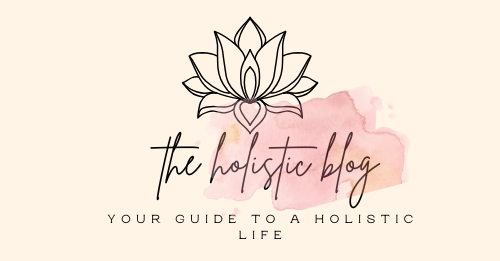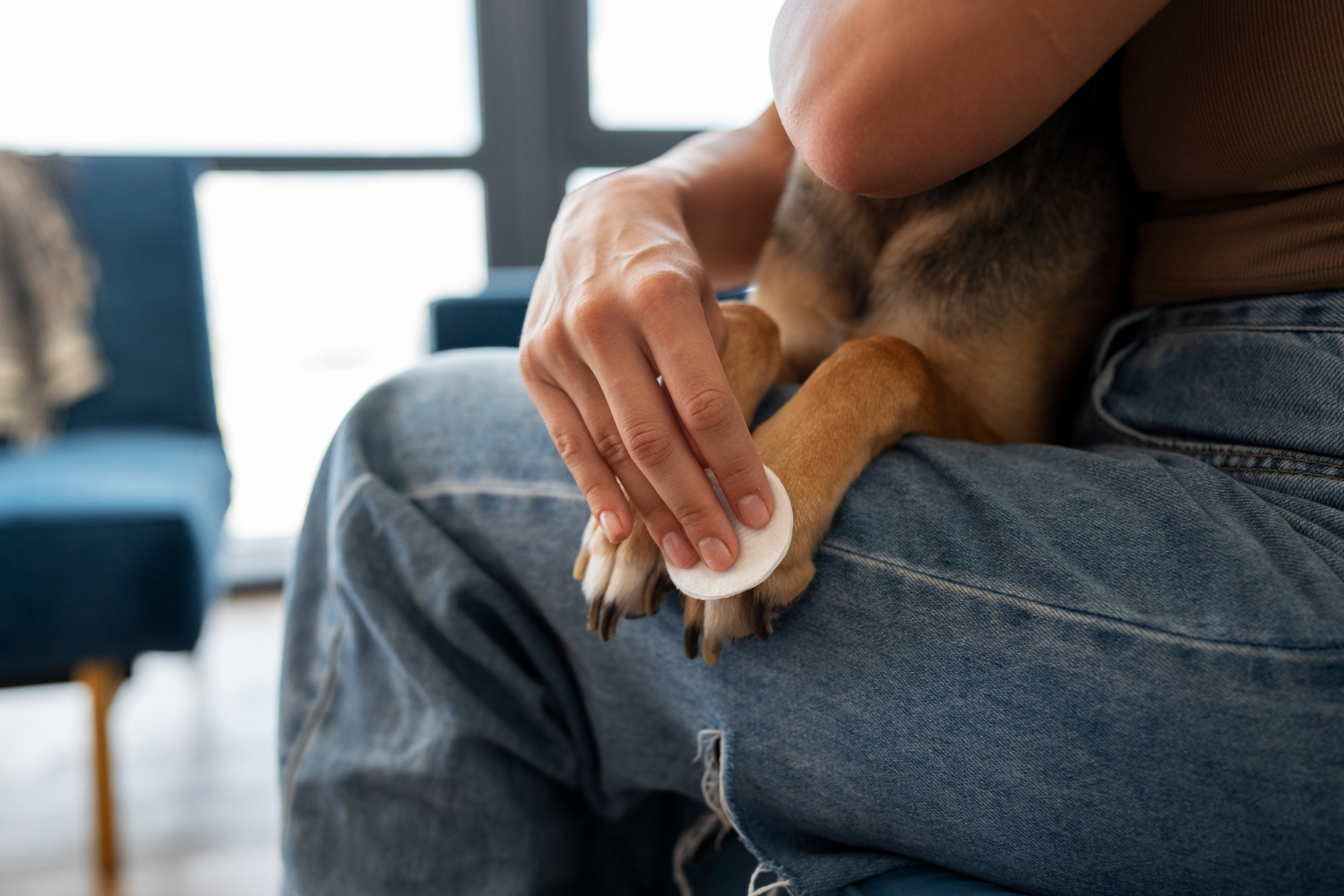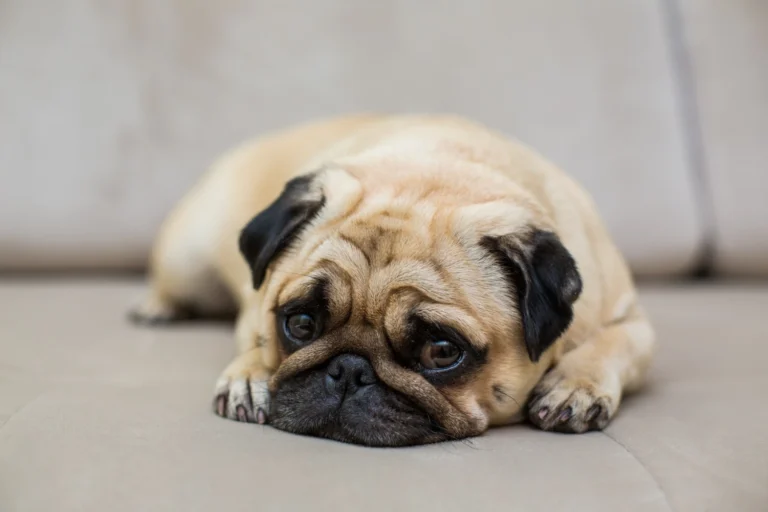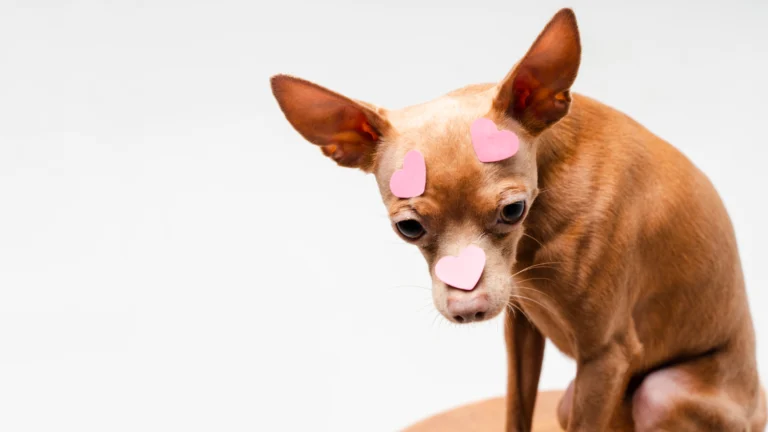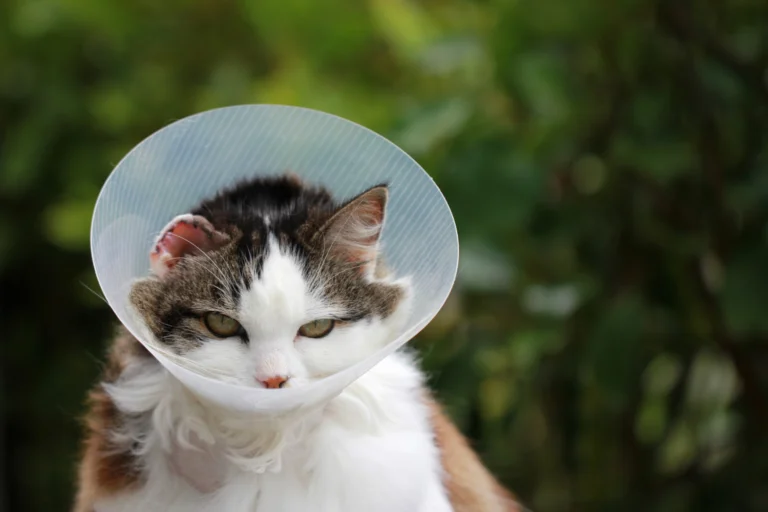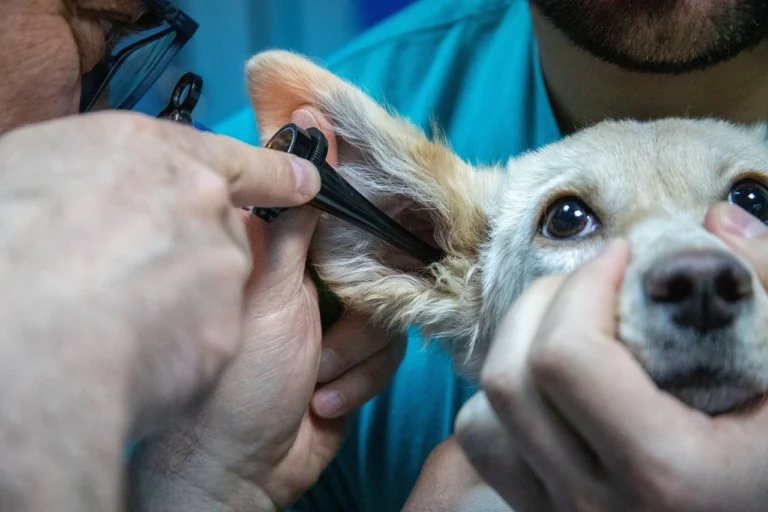How to Stop Dog from Licking Paws : 6 Effective Home Remedies That Really Work
Table of Contents
Introduction : how to stop dog from licking paws : home remedy
If you’ve ever noticed your dog licking their paws obsessively, you probably felt concerned and maybe even frustrated. Paw licking may seem like a harmless habit, but it can be more than just a quirky behavior—it can be a sign of discomfort, allergies, or even a deeper health issue. Thankfully, you don’t always need to rush to the vet for help. There are plenty of home remedies and lifestyle adjustments that can effectively stop your dog from licking their paws. In this article, we’ll explore the reasons behind this behavior and provide you with actionable solutions that can help bring relief to your furry friend.
Why Do Dogs Lick Their Paws?
Before jumping into solutions, it’s important to understand why your dog may be licking their paws in the first place. Paw licking can stem from various causes, some of which require different treatments. Here are some common reasons why your dog may be licking their paws:
1. Allergies
Just like humans, dogs can suffer from allergies. These allergies could be triggered by food, pollen, dust mites, or even flea bites. If your dog is licking their paws excessively, it may be because they’re experiencing an allergic reaction, causing irritation and itching.
2. Infections or Injuries
Licking can also be a way for dogs to soothe themselves when they have an injury or infection. It’s their instinct to try and clean or relieve pain in the area, but this can sometimes make the problem worse if it leads to further irritation or an open wound.
3. Dry or Cracked Paw Pads
Dogs can get dry and cracked paw pads, especially in harsh weather conditions. Whether it’s the heat of summer or the cold of winter, dry pads can cause pain and discomfort, prompting your dog to lick them for relief.
4. Parasites
Fleas, ticks, and mites can trigger intense itching, leading your dog to lick their paws as a way to alleviate discomfort. In some cases, your dog may develop hotspots (painful, inflamed areas of the skin) from excessive licking, which may require more intensive treatment.
5. Boredom or Anxiety
Sometimes, dogs lick their paws out of boredom or anxiety. If they don’t have enough physical or mental stimulation, paw licking can become a repetitive, compulsive behavior. This kind of licking could be a reaction to stress, particularly if they are left alone for long periods or experience anxiety.
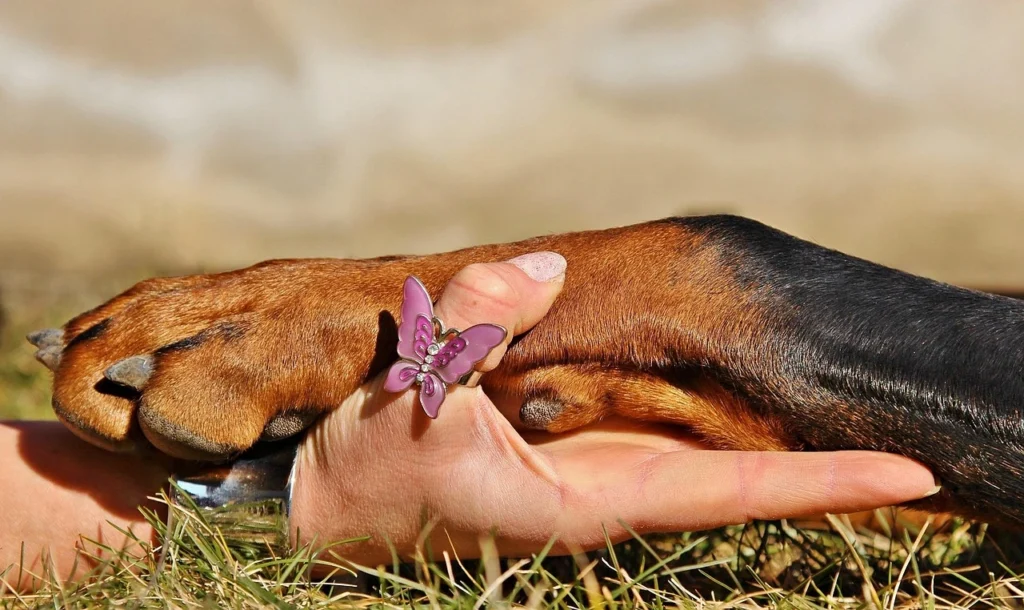
How to Stop Dog from Licking Their Paws: Home Remedies
Now that you have a better understanding of why your dog might be licking their paws, let’s dive into some effective home remedies that can help solve the problem.
1. Aloe Vera for Paw Relief
Aloe vera is a natural and soothing remedy for irritated paws. It has anti-inflammatory properties that can help reduce swelling, redness, and itching. Applying fresh aloe vera gel to your dog’s paws can provide immediate relief and promote healing, especially if your dog has dry or cracked paw pads. Be sure to use pure aloe vera gel and apply it directly to the affected area. If you don’t have an aloe vera plant at home, store-bought versions can also work.
2. Coconut Oil to Moisturize
Coconut oil is another fantastic remedy for your dog’s paws. It’s a natural moisturizer that can help heal dry, cracked paw pads and prevent further licking. Plus, coconut oil has antibacterial and antifungal properties, which makes it ideal for treating minor infections or preventing bacteria buildup. Simply rub a small amount of coconut oil on your dog’s paws after cleaning them. Be sure not to overdo it, as too much oil could cause them to lick more out of curiosity.
3. Chamomile and Lavender Soaks
Herbal remedies like chamomile and lavender can work wonders for calming your dog and soothing irritated paws. Both herbs have anti-inflammatory and healing properties that can help reduce itching and swelling. Brew a strong cup of chamomile tea, let it cool, and then soak your dog’s paws for 5-10 minutes. For added relaxation, you can mix in a few drops of lavender essential oil, which also helps alleviate stress.
4. Regular Paw Cleaning
Cleaning your dog’s paws regularly can help remove dirt, allergens, and other irritants that might be causing discomfort. A quick rinse with warm water or using pet-safe wipes can keep your dog’s paws free from debris. This can prevent excessive licking caused by itchy paws and help you identify any cuts or injuries that might need attention. After cleaning, dry their paws thoroughly to prevent moisture buildup, which can cause fungal infections.
5. Use a Protective Paw Balm
To protect your dog’s paws from the elements, consider using a natural paw balm. These balms are designed to create a barrier against dirt, moisture, and extreme temperatures. They also help moisturize the paw pads, preventing cracking and irritation. Look for balms with ingredients like beeswax, shea butter, and vitamin E, all of which are safe for dogs and provide effective protection.
6. Consider a Collar to Prevent Licking
If your dog’s licking behavior is persistent and you’re unable to address the root cause immediately, using an Elizabethan collar (or “cone of shame”) can help prevent further licking. While this is not a long-term solution, it can give your dog’s paws time to heal while you work on fixing the underlying issue.
Lifestyle Changes to stop dog from licking Paw
In addition to home remedies, there are lifestyle changes you can make to prevent your dog from licking their paws in the future.
1. Adjust Your Dog’s Diet
A poor diet can contribute to skin problems and allergies. If you suspect your dog’s paw licking is related to food allergies, consider switching to a hypoallergenic dog food that’s free from common allergens like grains or certain proteins. Consult with your vet to determine if a diet change could help improve your dog’s skin and overall health.
2. Regular Grooming Practices
Keeping your dog’s coat and paws well-groomed can make a big difference in reducing paw licking. Regularly trimming their nails prevents discomfort and helps keep their paws clean. Additionally, make sure to check their paws for any foreign objects, cuts, or infections that could be causing irritation.
3. Mental and Physical Stimulation
If your dog is licking due to boredom or anxiety, you can help by providing more physical exercise and mental stimulation. Regular walks, interactive toys, and training sessions can keep your dog busy and distracted from licking. If anxiety is the issue, consider creating a calming environment with soothing music or anxiety wraps, which can help reduce stress levels.
When to See a Veterinarian
While many cases of paw licking can be treated with home remedies, there are instances where you should consult a veterinarian. If your dog’s paw licking is accompanied by swelling, redness, or discharge, it could indicate an infection that requires medical treatment. Additionally, if the behavior persists despite your efforts, it might be time to schedule a vet visit to rule out more serious conditions like allergies, parasites, or autoimmune disorders.
Conclusion: Give Your Dog the Relief They Deserve
Paw licking can be a frustrating issue for both you and your dog, but with the right home remedies and lifestyle changes, you can help your dog stop licking their paws and find relief. Whether you choose to use natural treatments like aloe vera and coconut oil, improve your dog’s diet and grooming habits, or address underlying behavioral issues, there’s a solution that works for you and your furry friend.
Remember, while home remedies can be incredibly effective, it’s always important to monitor your dog’s condition. If the problem persists or worsens, don’t hesitate to consult with your veterinarian for further guidance. Your dog’s comfort and well-being are worth the extra effort, and with patience and care, you’ll be able to help them stop the paw-licking cycle once and for all.
Has your dog been licking their paws non-stop? Try these home remedies today and give your furry friend the relief they deserve. If you’ve found other remedies that have worked for you, share your tips in the comments below! Let’s work together to keep our dogs happy and healthy!
